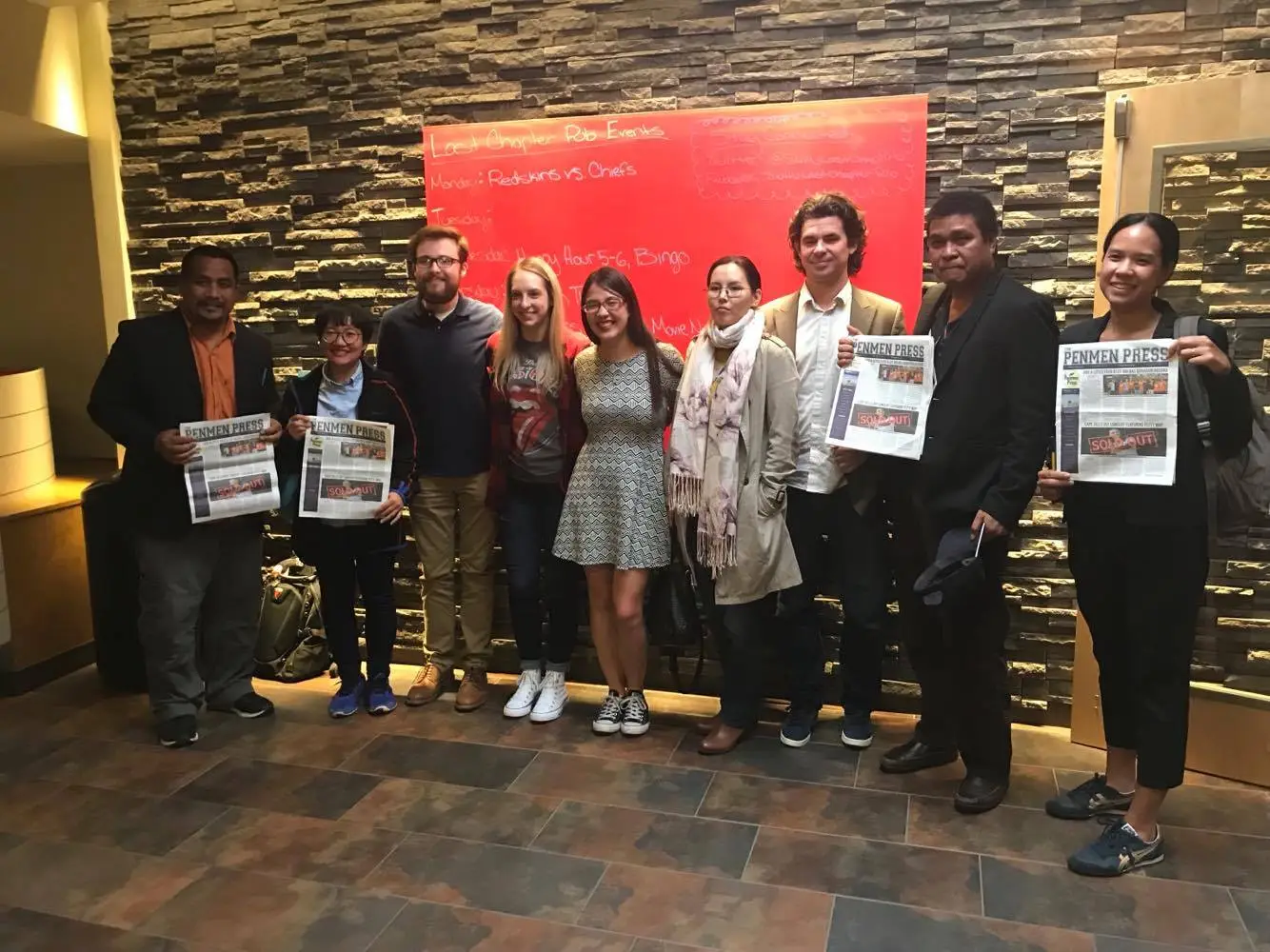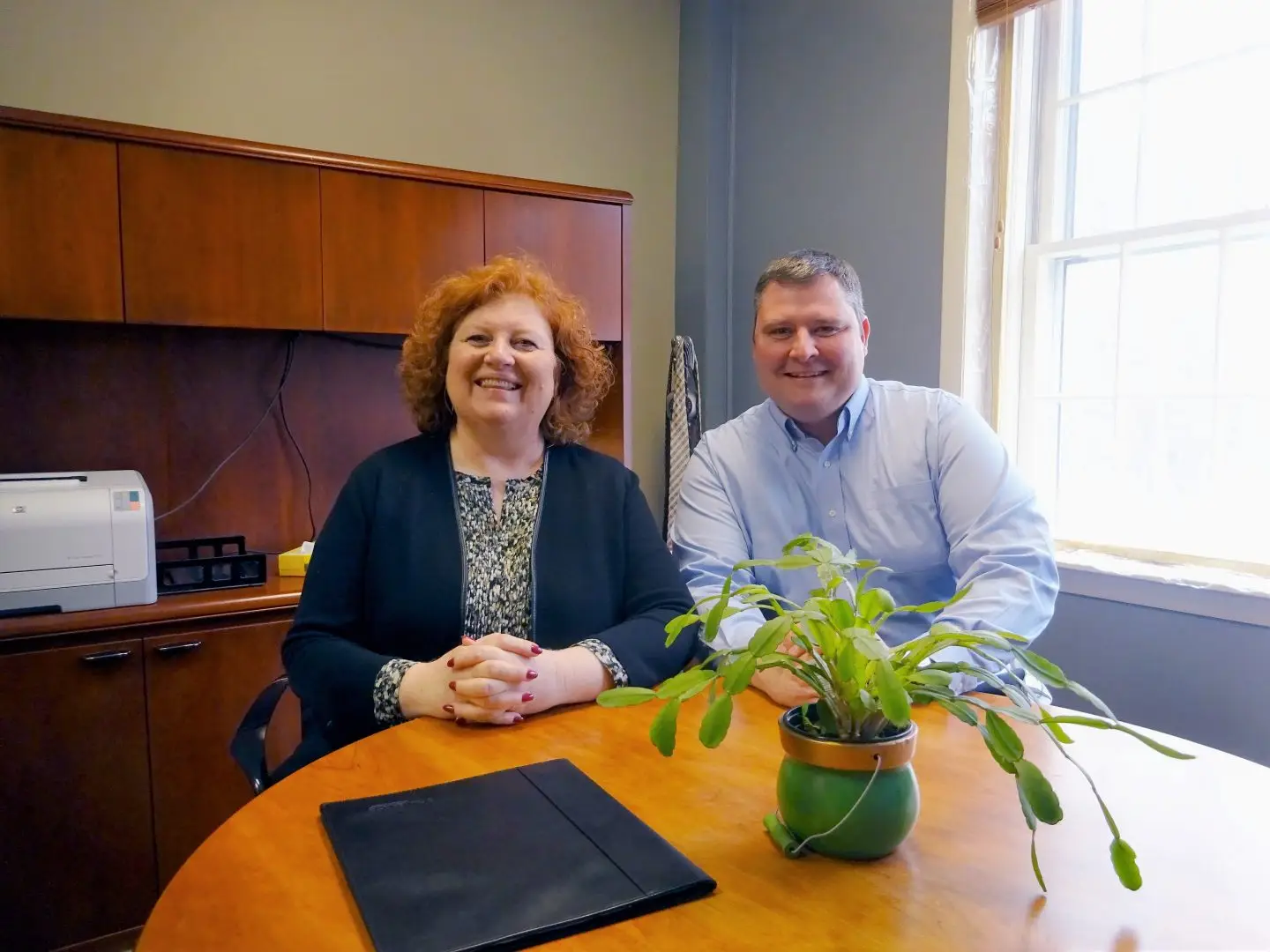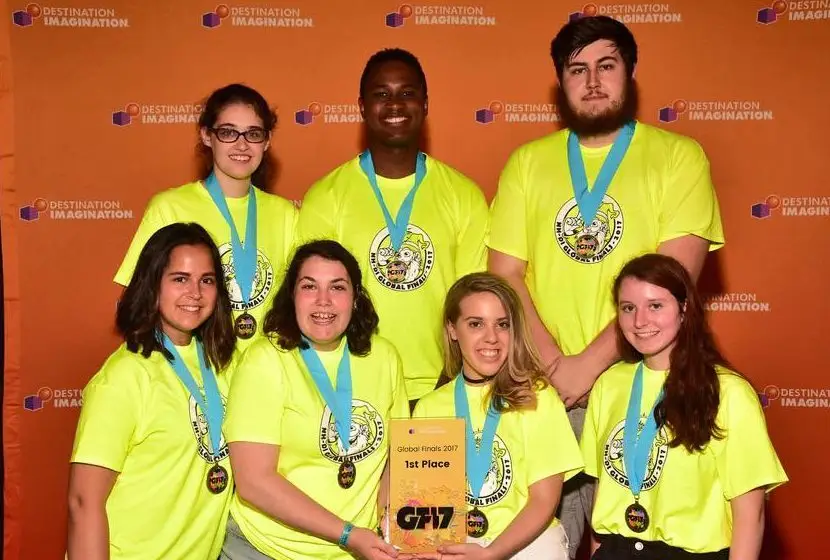As journalists, it becomes natural for us as an organization and as individuals to consider ourselves agitators. Troublemakers. Speakers of truth to power and students with a responsibility we did not think our university careers would afford us.
While many of us don’t have any intention of going into journalism or media professionally, “university newspaper” has become a pseudo-profession which we accept with open arms.
We like to think that with an organizational constitution, a slew of First Amendment rights and the support of university faculty and staff, we are paving the way for change.
We, as a newspaper, find ourselves in conversations where we are asked to comment on what it means to run a student newspaper, what the state of journalism will look like in the future, what we as budding professionals and citizens are doing to promote or combat that. We have these conversations readily, developing stock phrases about the importance of citizenship and participation, about rights and responsibilities, about censorship and freedom.
In just this year alone, due to the political and social climate, we have been included in these conversations often, both in professional settings and in our day-to-day developing of what it means to write for The Penmen Press.
What these conversations previously have been missing, however, is the acknowledgment of how “bubbled” they truly are.
The Penmen Press recently had the opportunity to speak with the East Asian Delegation on Journalism during their tour of media outlets spanning the Eastern Seaboard. This conversation enlightened members of our staff to the knowledge that, when it comes to media ethics and law, we are incredibly fortunate and privileged.
We are empowered by the First Amendment, we are, ultimately, supported by our government and our university, and our various discussions surrounding freedom of the press hinge on an important and operative word: Freedom. As such, it becomes imperative that media ethics and law do not become something we think of only in terms of our university and the country, but of the world. We are privileged. We have an immense power. While maybe not future journalists, we are journalists now, and it is critical that we recognize that we do not act or write alone. We are a small but important part of journalism and media, and we are given a system to be such.
So read widely, and globally. And know how miraculous, empowering and humbling it is to have the power to do so.




